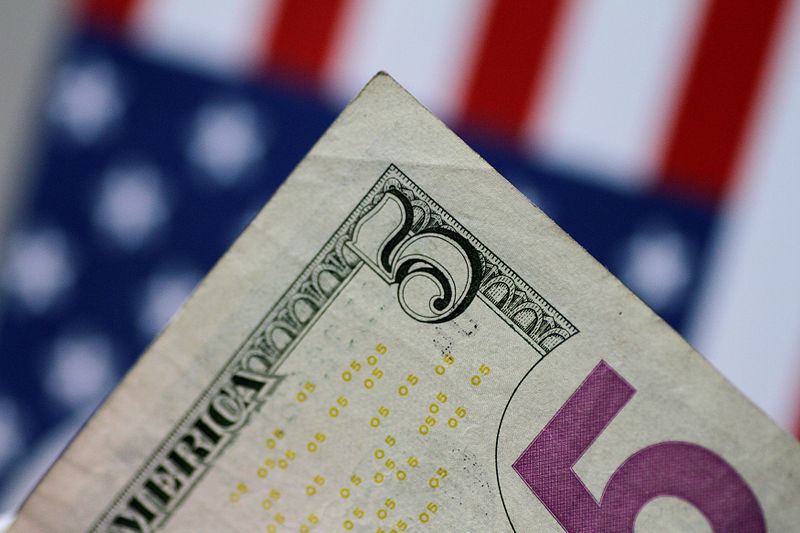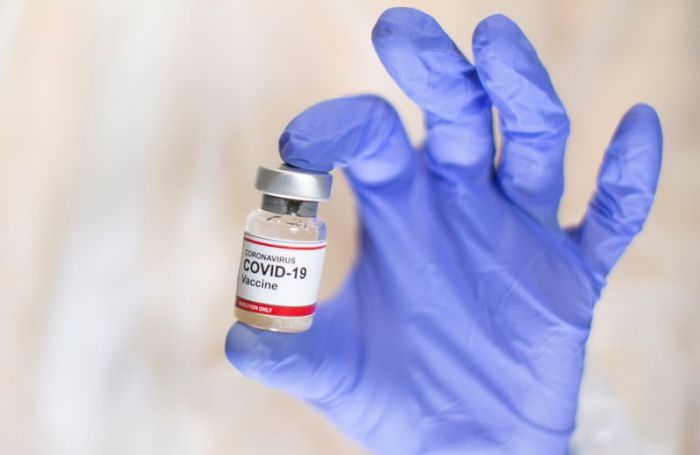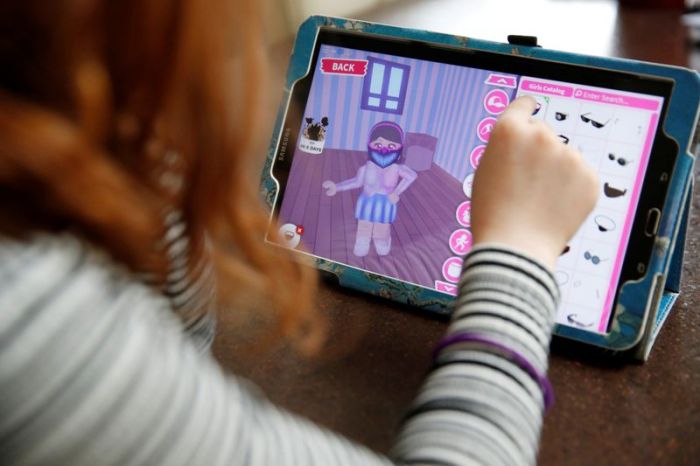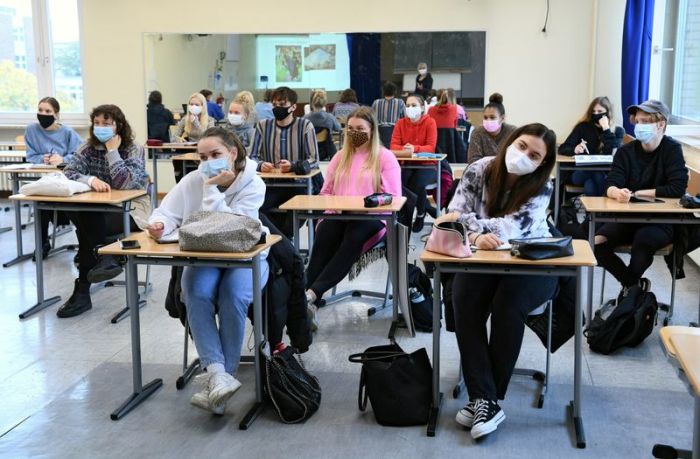NEW YORK (Reuters) – The dollar slid for a sixth straight session on Thursday, after trading higher for most of the day, on reports that U.S. Senate Republican leaders have agreed to resume negotiations on another coronavirus stimulus package.
CNBC reported that top Senate Democrat Chuck Schumer said on Thursday that Republican Majority Leader Mitch McConnell has agreed to resume COVID-19 relief talks as cases surge across the country.
The report led to a bounce in stocks, pushed the euro to a session high versus the dollar, and pared losses in currencies that benefit from higher risk appetite such as the Australian dollar and the Norwegian crown.
Prior to the Nov. 3 U.S. election, financial markets had been riveted by the back-and-forth from lawmakers during the stimulus talks. In the end though, investors were resigned to the fact that any stimulus plan would be passed after President-elect Joe Biden takes office in January.
“The euro bottomed out against the dollar hours ago and technically when we got above $1.1850, the move higher accelerated,” said Marc Chandler, chief market strategist at Bannockburn Forex.
“I think the market is relatively thin and when the Schumer news hit, it further opened the door. The market is still sensitive to news about the stimulus,” he added.
In late afternoon trading, an index which tracks the dollar against a basket of currencies was down 0.2% at 92.299 <=USD>.
The dollar, though, remains caught in a tug-of-war between the upbeat outlook arising from positive vaccine news as well as the relentless rise in coronavirus infections that forced localized shutdowns around the world.
The surge in coronavirus cases is supposedly positive for the safe-haven dollar.
The U.S. death toll from COVID-19 surpassed 250,000 on Wednesday as New York City’s public school system, the country’s largest, halted in-person instruction, citing a jump in infection rates.
The euro rose 0.2% against the dollar to $1.1875 <EUR=EBS>.
With fiscal stimulus plans remaining uncertain, speculation is growing that the Federal Reserve may further loosen monetary policy in December.
Two Fed officials on Wednesday held out the option of doing more, and Treasuries have rallied in anticipation of a possible expansion of U.S. central bank bond-buying.
The dollar was little changed against the yen at 103.81 yen <JPY=EBS>. The yen has gained about 1.4% since Pfizer Inc <PFE.N> announced promising trial results for its COVID-19 vaccine.
The greenback showed little reaction after the Labor Department reported that U.S. weekly jobless claims increased to a seasonally-adjusted 742,000 for the week ended Nov. 14. Economists polled by Reuters had forecast 707,000 applications for the latest week.
Elsewhere, sterling dipped 0.2% to $1.3255 <GBP=D3> against the dollar after the Times newspaper reported that European leaders will urge the European Commission to publish no-deal Brexit plans as the year-end deadline approaches.
Bitcoin <BTC=BTSP>, meanwhile, rose 1.2% on Thursday to $18,004, not far from the all-time high of nearly $20,000 reached three years ago.
(Reporting by Gertrude Chavez-Dreyfyss; Editing by Kirsten Donovan and Paul Simao)
























